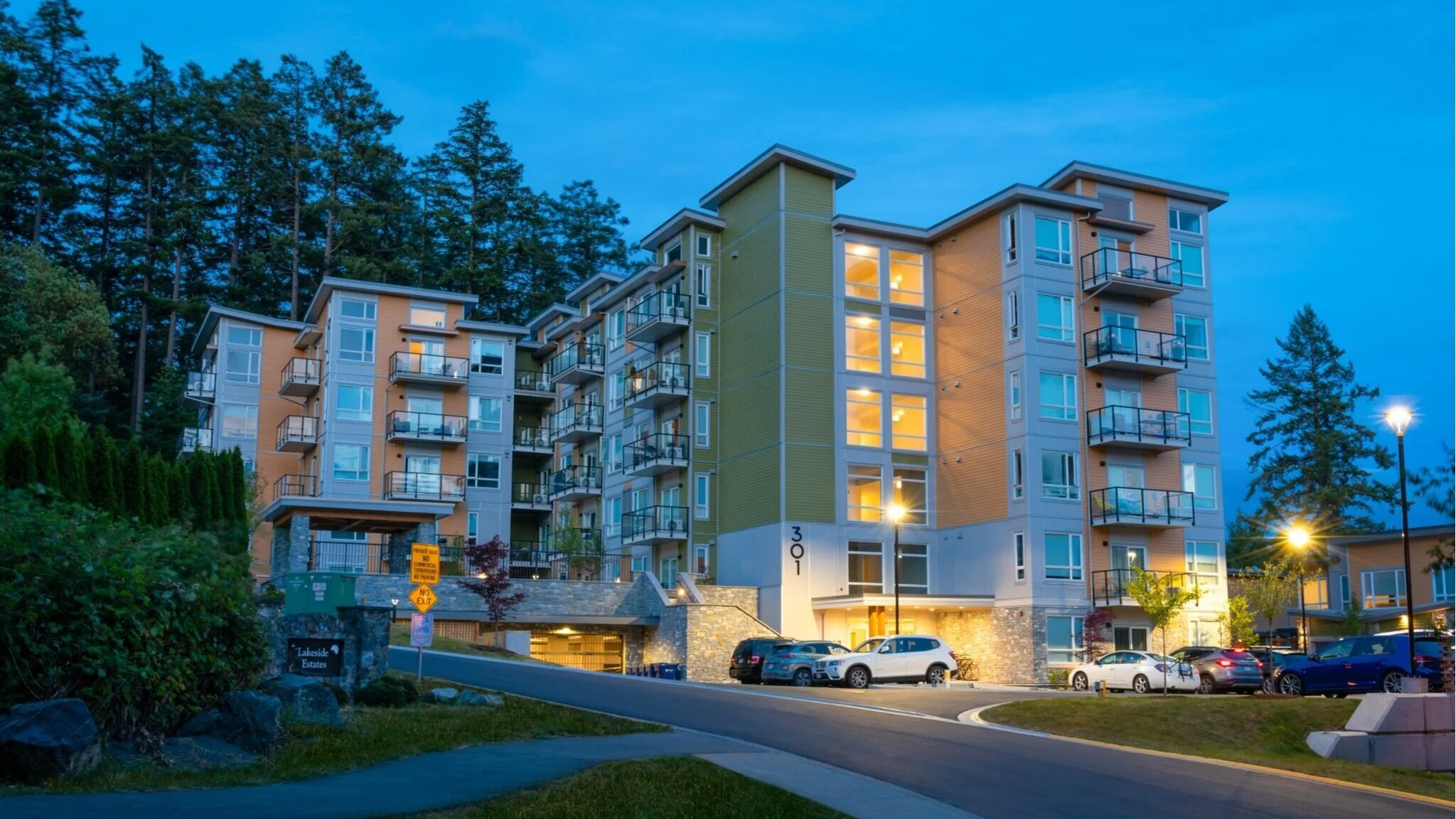vancouver landowners face shifting rental fundamentals in Q3 2025
Rents are falling, vacancies are rising, and incentives are eating into income.
If you own rental development land in Vancouver, these mid-2025 shifts in the rental market could directly impact your property’s value. This article breaks down what’s happening according to a recent CMHC report, why it matters, and what landowners should do now to protect and reassess their position.
asking rents are declining for the first time in years
In Q1 2025, asking rents for two‑bedroom purpose‑built rentals in Metro Vancouver dropped by approximately 4.9% year‑over‑year. What landowners need to understand is that your gross rental income assumptions should be adjusted downward—particularly for projections or refinancing models that assumed stronger rent growth.
more vacancies and bigger incentives are eroding net income
New rental completions in Vancouver remain well above the 10‑year average, driving heightened vacancy rates and longer leasing times. As a result, operators are offering incentives like a month of free rent, moving allowances and signing bonuses. These concessions directly reduce effective gross income (EGI)—your NOI will be softer if you extend similar market offers.
rent burden remains high, but tenant turnover is unpredictable
Vancouver still ranks among the least affordable rental markets. Even with advertised rent easing, overall affordability continues to deteriorate because turnover rents (what new tenants pay) remain elevated. This creates uncertainty in forecasting tenant turnover, renewal rates, and long‑term tenant retention—especially for existing regulated tenants in B.C.
softer rental income and rising cap rates reduce land value potential
Your land value—especially for redevelopment potential—is intrinsically tied to projected cash flow (affecting cap rates) and future income growth. With rent growth stalled, and vacancies rising, cap rates continue to trend upward, placing downward pressure on residual land value calculations. Weaker investor returns may reduce demand for redevelopment sites, softening asking prices in land markets.
high construction activity may prolong downward pressure
Purpose‑built rental development is still elevated in Metro Vancouver and remains a priority for many developers, backed by CMHC financing programs. While short‑term sentiment is cautious, long‑term demand expectations remain intact. However, if supply continues to rise faster than absorption, pressure on rents and land values may persist into 2026–27.
how vancouver landowners should respond to protect value
| area of focus | recommended action |
|---|---|
| financial assumptions | Update pro forma models: use –4 to –5% rent growth for next 12 months, increase loss and concession allowances. |
| portfolio valuation | Re‑assess cap rates in light of softer effective income and increased market incentives. |
| redevelopment strategy | Delay or phase new build plans unless underlying fundamentals (e.g. rezoning upside, high‑demand submarkets) justify returns. |
| leasing strategy | Monitor local secondary rental market: evaluate concessions and offer flexibility to maintain occupancy. |
| monitoring | Watch CMHC’s data releases for Q2 2025 and construction starts in Metro Vancouver—these will signal whether conditions stabilize or deteriorate further. |
key risks and insights to guide your next move
Rent growth has reversed in Q1 2025; actual income may shrink if assumptions aren’t updated.
Vacancies and concessions are increasing, eroding effective returns.
Land‑value models dependent on rent escalation and low cap rates need revision—and will likely show lower valuations.
While long‑term fundamentals remain, short‑term headwinds suggest caution in redevelopment timing and pro forma optimism.
time to re‑run your numbers and revisit your strategy
If you own rental development land or buildings in Vancouver with rental income—or are considering redevelopment plans—be aware that rental market momentum has softened sharply in early 2025.
The impact is tangible: lower projected rents, more downtime and incentive costs, and potential shifts in cap rates. It’s prudent to re‑run valuations using conservative income assumptions, and to assess whether redevelopment or holding strategy still makes sense under a less buoyant rental outlook.
curious how these shifts affect your site specifically?
Let’s talk. I can help you revalue your land based on today’s rental fundamentals—and build a strategy that fits where the market’s headed.
-
Canada Mortgage and Housing Corporation. (2025, July 31). 2025 mid-year rental market update. CMHC Observer. https://www.cmhc-schl.gc.ca/observer/2025/2025-mid-year-rental-market-update
Canada Mortgage and Housing Corporation. (2025, February 29). Housing market outlook – Canada – Winter 2025. https://assets.cmhc-schl.gc.ca/sites/cmhc/professional/housing-markets-data-and-research/market-reports/housing-market-outlook/2025/housing-market-outlook-02-2025-en.pdf
Canada Mortgage and Housing Corporation. (2025, July 25). What’s shaping Canada’s rental construction outlook. CMHC Observer. https://www.cmhc-schl.gc.ca/observer/2025/whats-shaping-canadas-rental-construction-outlook
Khan, F. (2025, August 1). CMHC’s 2025 mid-year rental market update: What multifamily investors need to know. LinkedIn. https://www.linkedin.com/pulse/cmhcs-2025-mid-year-rental-market-update-multifamily-khan-cfa-6zltf
Business in Vancouver. (2025, August 1). Rents easing across most major markets, but many tenants not feeling relief: CMHC. https://www.biv.com/news/rents-easing-across-most-major-markets-but-many-tenants-not-feeling-relief-cmhc-10914575
















